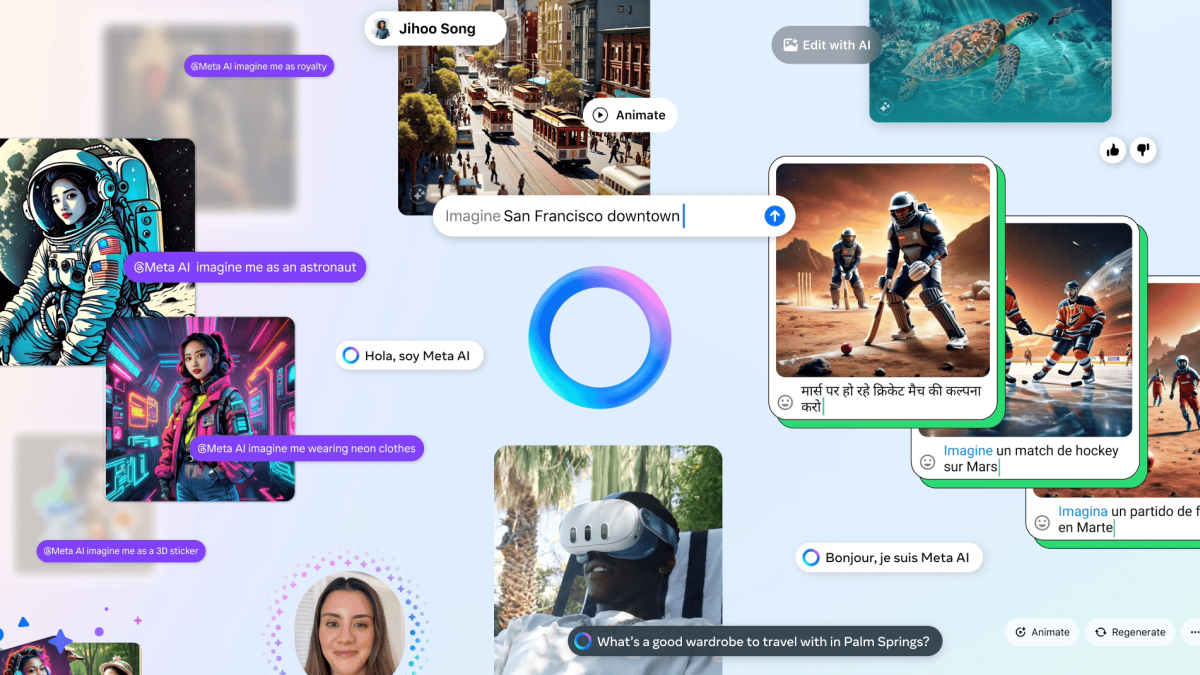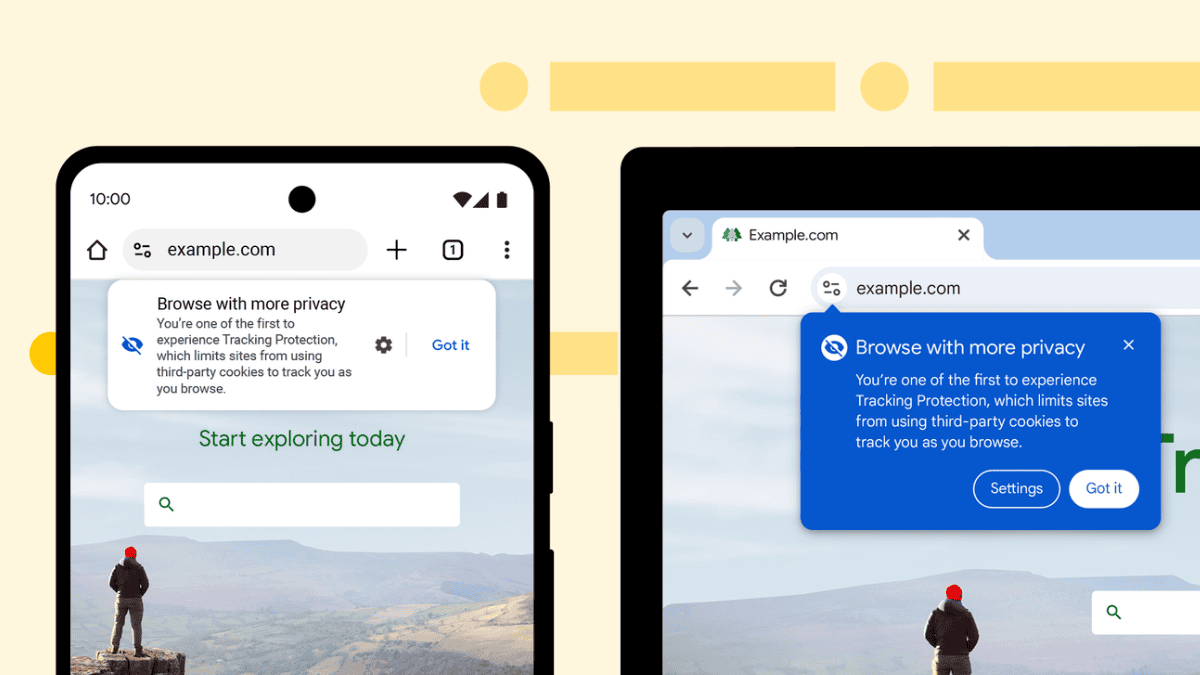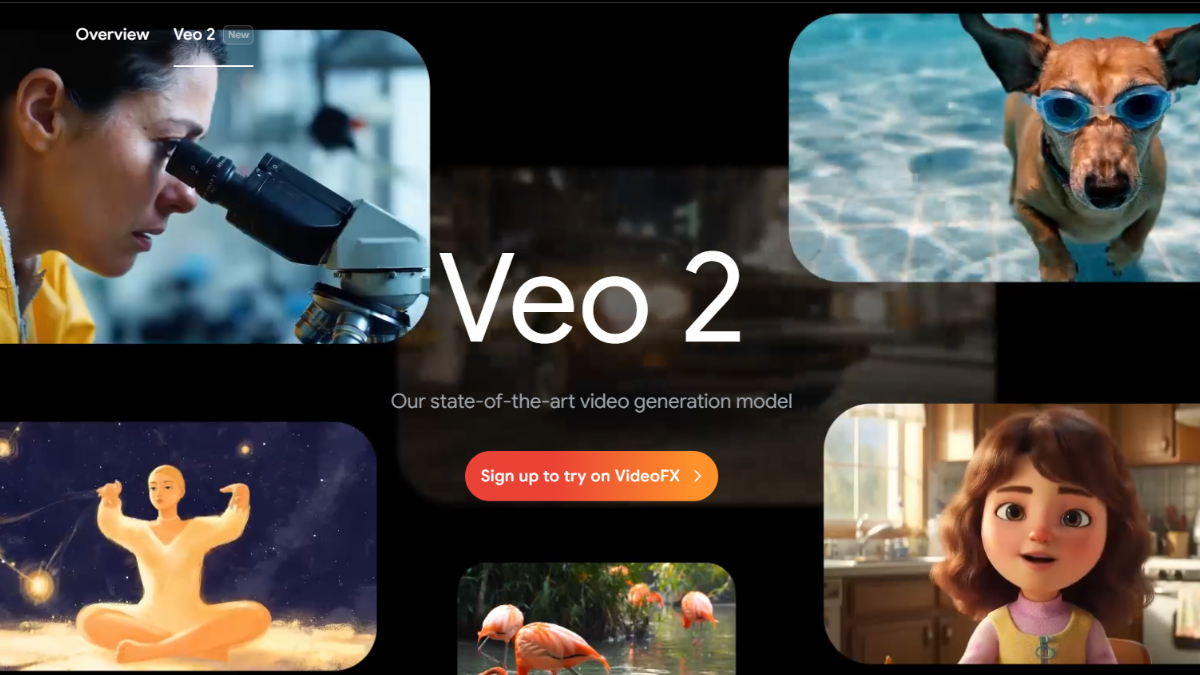Google enables fully offline web apps with new Web Bundles technology
2 min. read
Published on
Read our disclosure page to find out how can you help MSPoweruser sustain the editorial team Read more

With their efforts with PWAs, Google has gone a long way to making web apps competitive with native applications, and with the latest release of their Chrome tools they finally aim to close the gap completely with Web Bundles.
Their Web Bundles framework will not only let apps work offline, but even install offline, from media such as USB drives, and feature technology such as background synching and content indexing to keep the apps working seamlessly when your internet goes down.
The toolkit lets you bundle whole websites as offline files and also includes features such as an SMS Receiver for 2-factor authentication, contact picker, and file system access.
Google says Web Bundles has multiple unique features:
- Encapsulates multiple pages, enabling bundling of a complete website into a single file
- Enables executable JavaScript, unlike MHTML
- Uses HTTP Variants to do content negotiation, which enables internationalization with the
Accept-Languageheader even if the bundle is used offline - Loads in the context of its origin when cryptographically signed by its publisher
- Loads nearly instantly when served locally
Google sees the following use cases:
- Create your own content and distribute it in all sorts of ways without being restricted to the network
- Share a web app or piece of web content with your friends via Bluetooth or Wi-Fi Direct
- Carry your site on your own USB or even host it on your own local network
See Google’s new technology demonstrated below:
Web Bundles can be activated in the release version by activating an experimental feature in Chrome while background syncing and content indexing will only be available as part of “origin trials.”
With the increasing power of web apps, I am sure it will not be long before we get our first HTML viruses. Before then, read more about the technology at Google here.
Via Engadget.com








User forum
0 messages